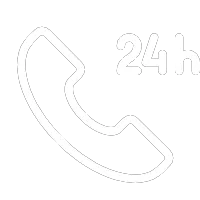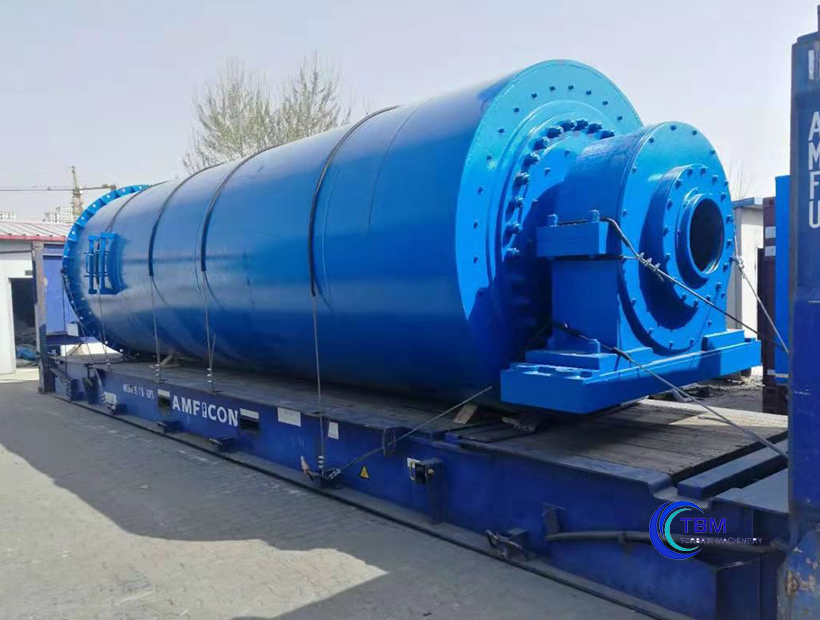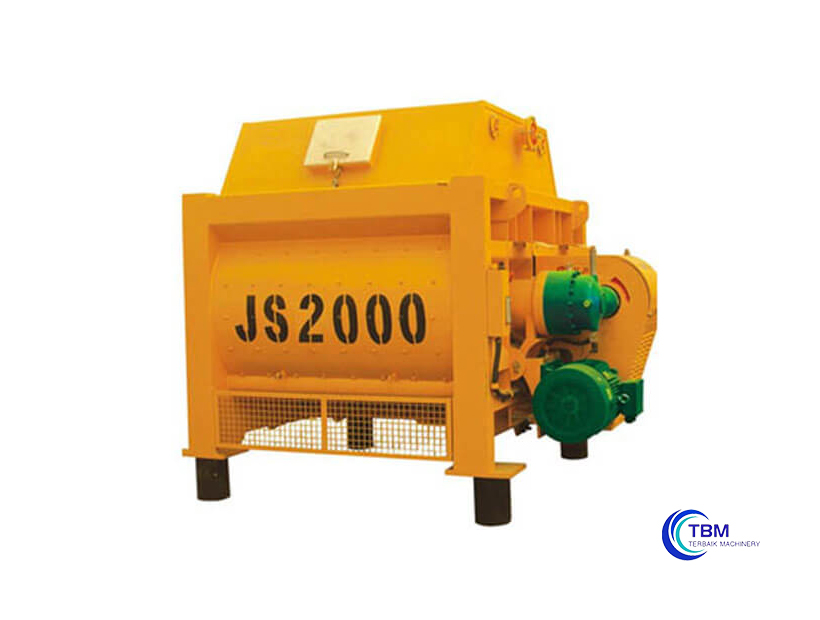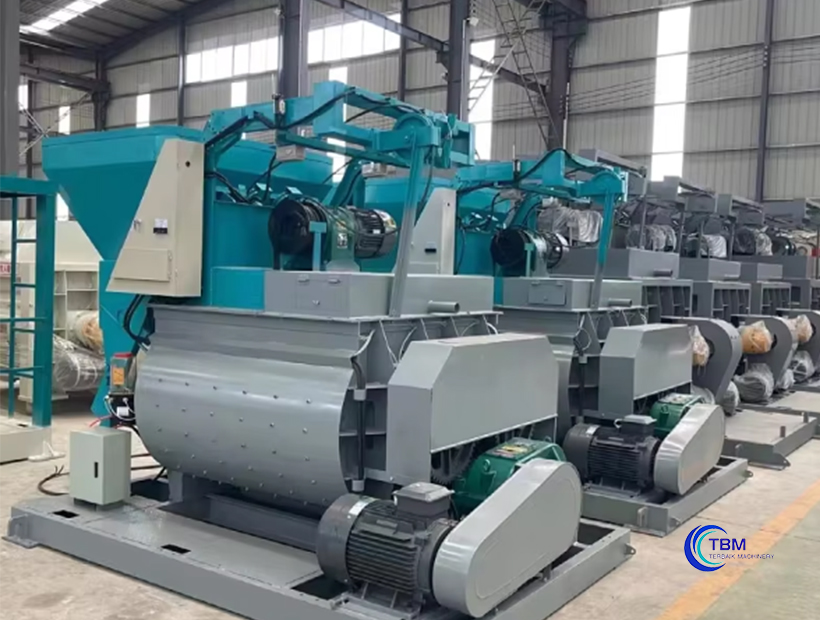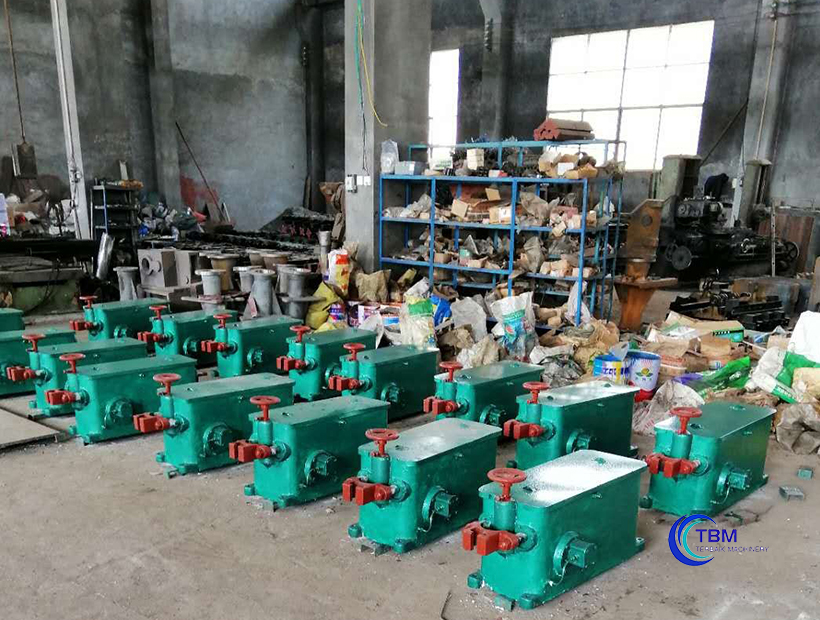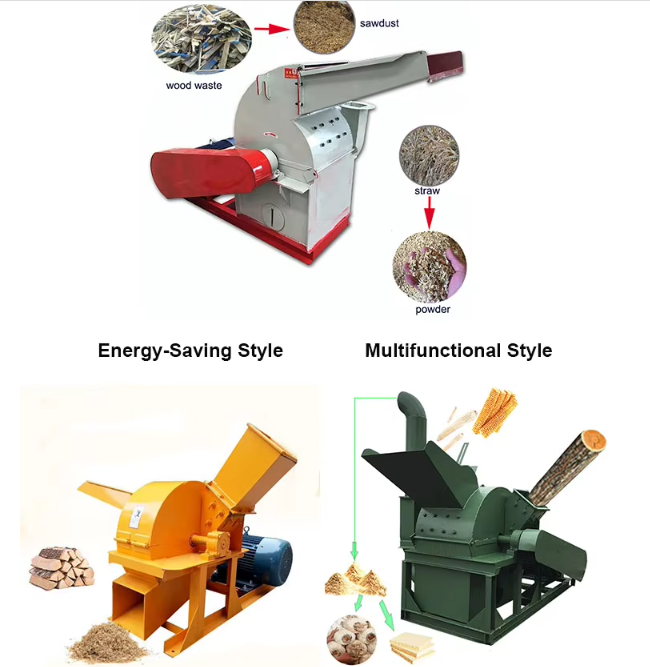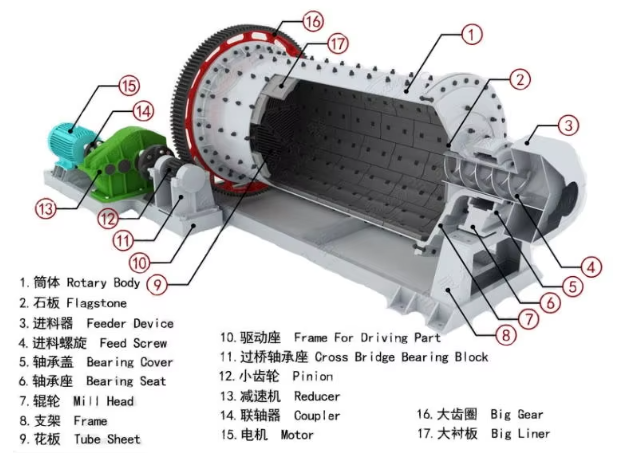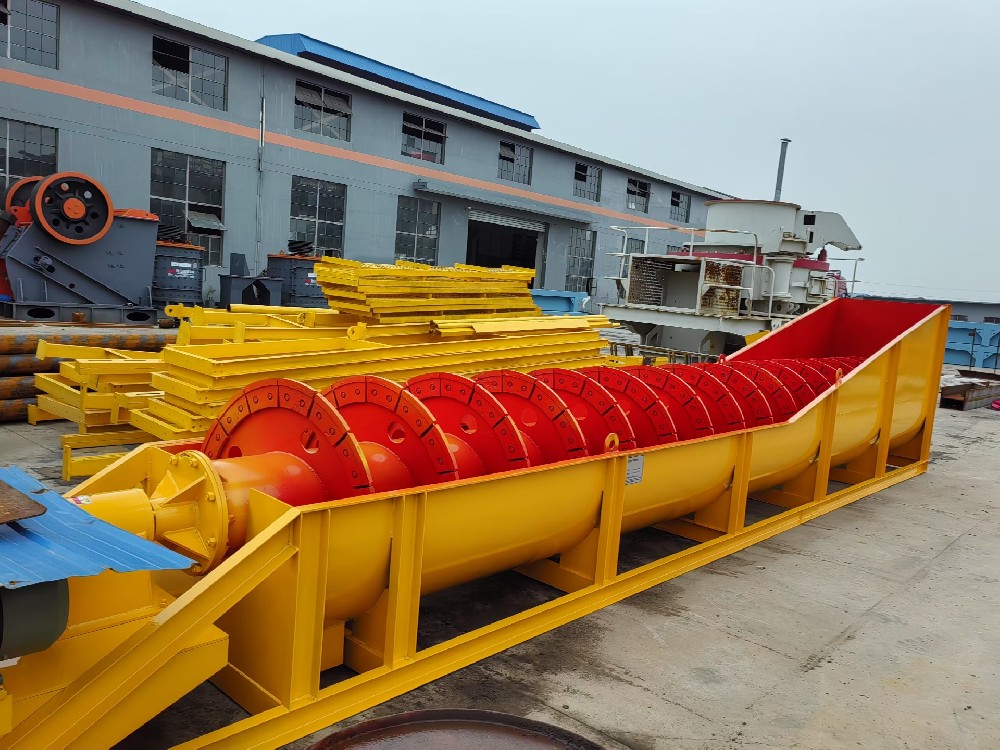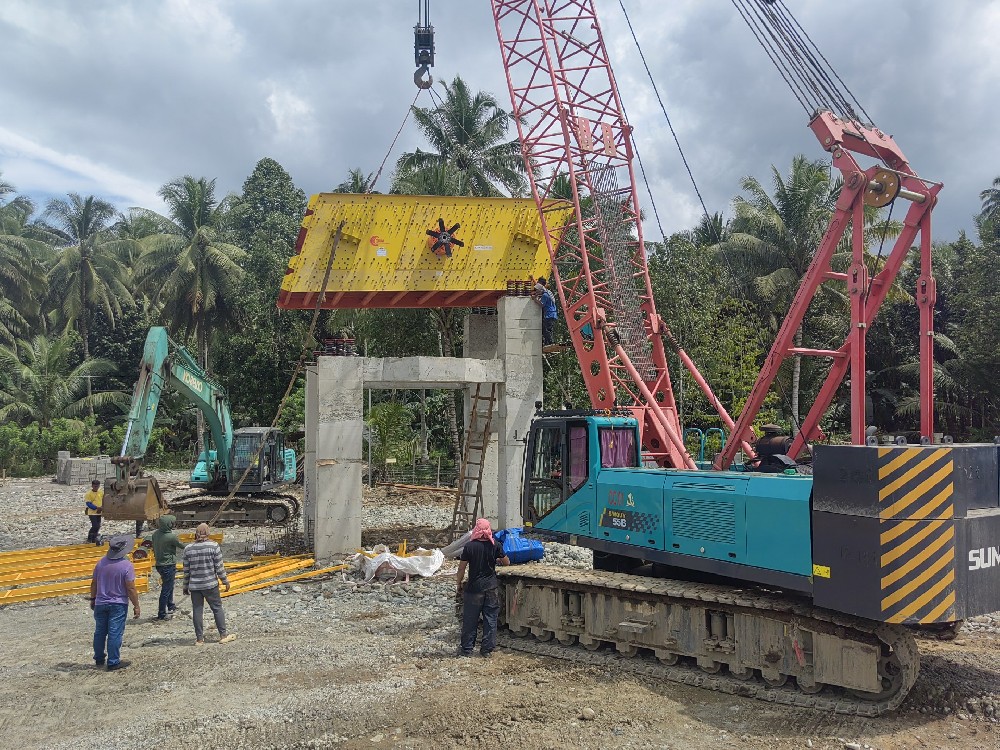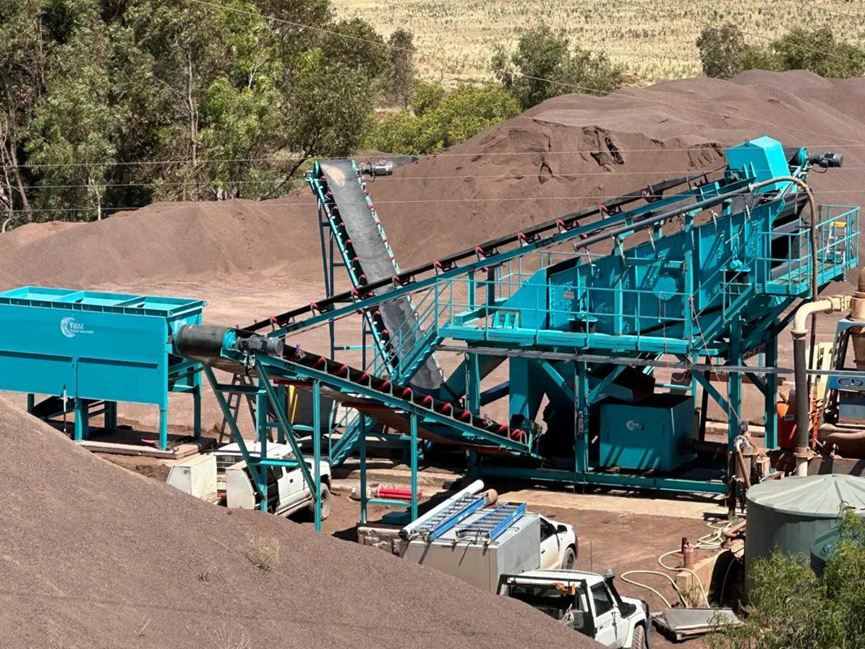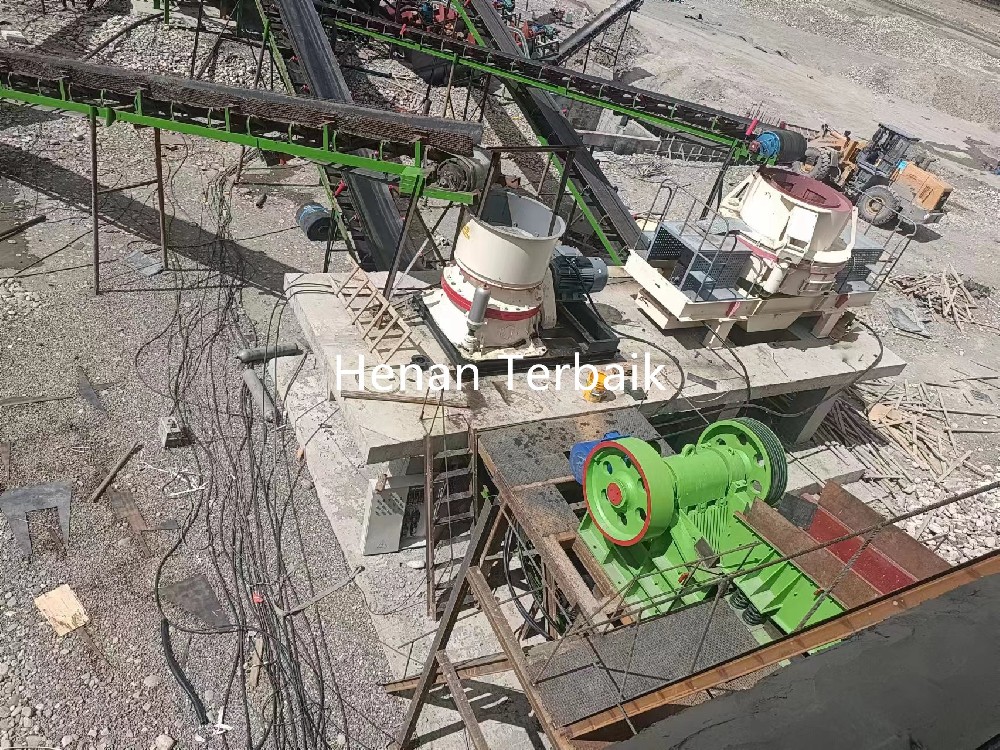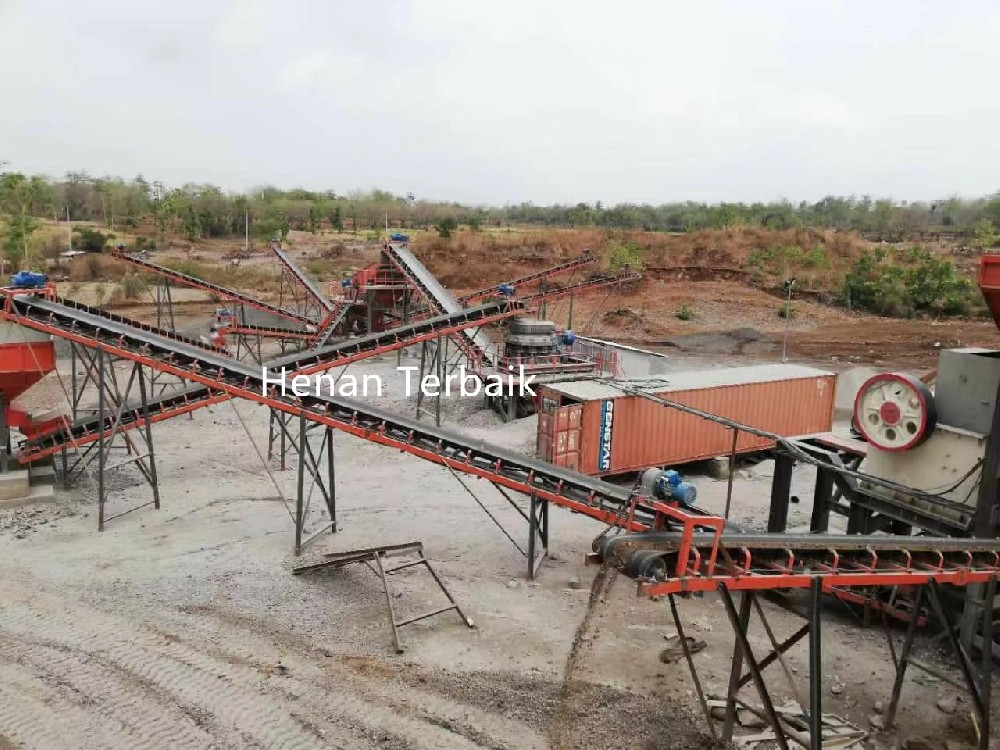Dry ball milling is an essential process in the mining and mineral processing industries, often used for grinding materials in a dry environment. As a leader in mining equipment manufacturing, Henan Terbaikmachinery offers high-performance dry ball mills that cater to various industrial applications. This article will cover the key aspects of dry ball milling, including its working principle, advantages, and disadvantages, as well as how it compares to wet ball milling.
What is Dry Ball Milling?
Dry ball milling is a grinding process that uses a rotating drum to reduce the size of materials into fine powder, without the use of liquids. Unlike wet ball milling, where water or other liquids are added to create a slurry, dry milling relies purely on mechanical energy to break down the material. The dry ball mill consists of a hollow cylindrical shell rotating around its axis, with steel or ceramic balls inside that act as grinding media. This process is commonly used in industries where moisture content must be controlled.
What is the Difference Between a Wet Ball Mill and a Dry Ball Mill?
The key difference between wet and dry ball milling lies in the presence or absence of liquid during the milling process:
Wet Ball Milling: Involves the addition of water or other liquids to create a slurry, which helps reduce dust and improves the grinding efficiency. Wet milling is ideal for materials that require the formation of a paste or slurry, such as in the production of paints, coatings, and certain chemicals.
Dry Ball Milling: Does not use any liquid in the grinding process. This is preferred when the material being processed needs to remain dry, or when liquids may cause adverse reactions or affect the final product. Dry milling is used for minerals and materials that are sensitive to moisture or require a powder-like consistency.
Each method has its own advantages depending on the material being processed and the desired outcome. Understanding these differences is crucial for selecting the right equipment for specific operations.
What Are the Disadvantages of Dry Milling?
While dry milling offers many advantages, such as easier handling of powders and reduced processing time, it also comes with certain disadvantages:
Dust Generation: Dry milling produces a significant amount of dust, which can be hazardous to workers and the environment. Adequate ventilation and dust collection systems are essential.
Lower Efficiency for Some Materials: Some materials, particularly those that are highly resistant to grinding, may not be processed as efficiently in a dry mill as they would be in a wet mill.
Temperature Sensitivity: The absence of a cooling liquid can lead to higher temperatures during the milling process, which could cause the material to degrade or change properties.
Despite these drawbacks, dry ball mills remain a preferred choice for many industries due to their simplicity and cost-effectiveness.
What is a Dry Mill Used For?
Dry ball mills are used in various applications where moisture control is critical. Some common uses include:
Mineral Processing: Dry ball milling is widely used in the mining industry for grinding minerals like gold, iron ore, and copper.
Cement Production: Dry mills are essential in the cement industry for grinding raw materials, like limestone, into fine powder.
Chemical Industry: Certain chemicals, such as pigments and fertilizers, are processed using dry ball mills to avoid the need for wet slurries.
Powder Metallurgy: Dry ball milling is employed to create fine powders of metal alloys and composite materials.
Henan Terbaikmachinery offers high-quality dry ball mills for sale that are designed to meet the specific needs of various industries, providing customers with reliable and durable equipment for grinding and processing.
Conclusion
Dry ball milling plays an important role in many industries, from mining to chemical processing. Whether you are considering a dry ball mill for sale or exploring the differences between wet and dry milling, Henan Terbaikmachinery offers a wide range of high-performance equipment tailored to meet your operational needs.
Our dry ball mill manufacturers specialize in producing durable and efficient mills designed for optimal grinding and powder production. For more information on our products and services, or to inquire about dry ball mill prices, feel free to contact us today.
